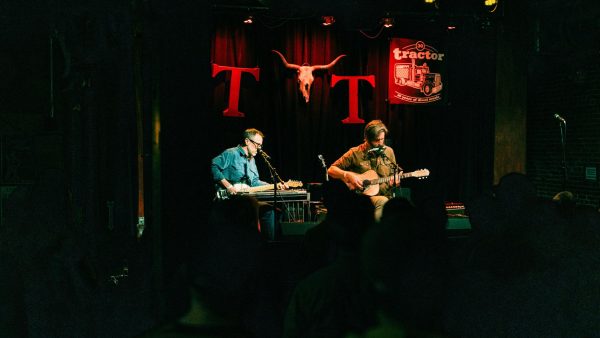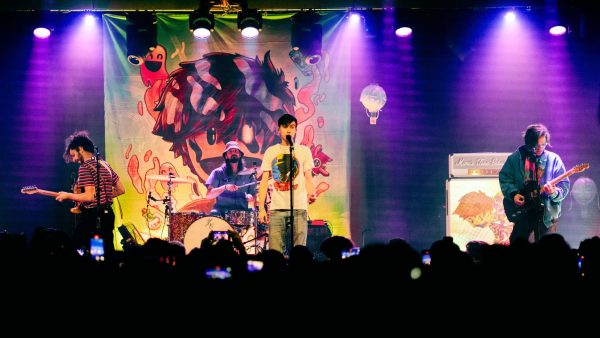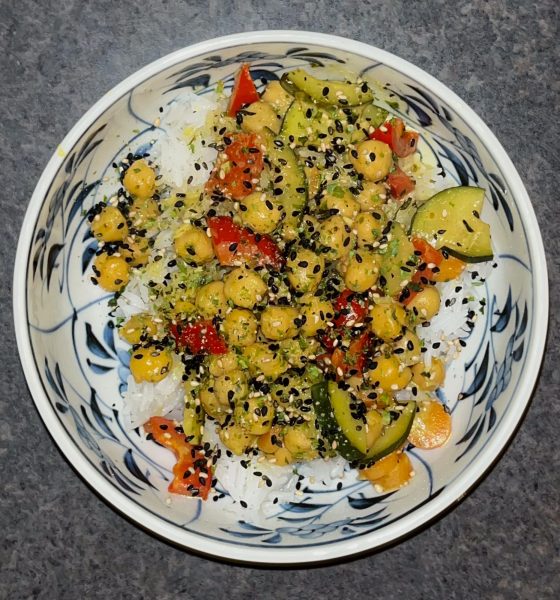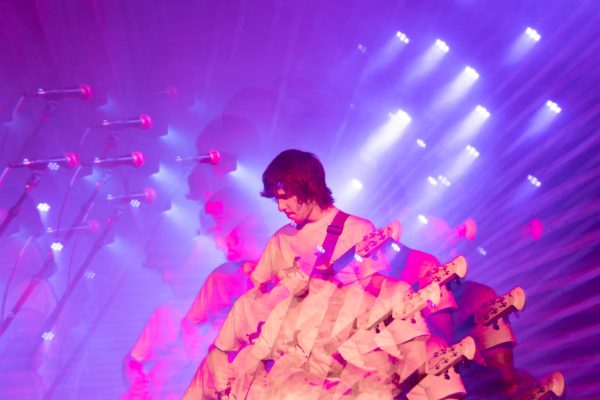The Alternative/Indie Archetype: Music
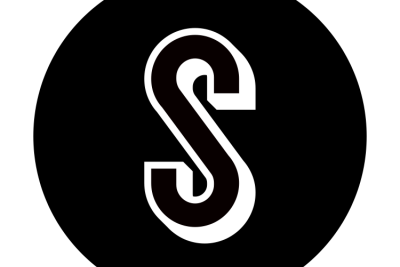
This week we would have been gazing to the heavens, expectantly asking the stars for a better understanding of ourselves. However, another (a more knowledgeable) column writer, Riley Flanagan, is also discussing astrology! You can read her article here.
In lieu, I will instead be discussing the curious nature of musicians and their role in the Alternative (Alt)/Indie scene. First, I would like to break down the idea of what makes a musician. Is it something about making bedroom pop or working on a shoegaze project? Is it playing the drums in a band? Is it simply playing the guitar in your room at the end of the day? Secondly, I would like to discuss the genre that most of your indie friends are listening to. Why does the Alt/Indie title stick better to people who listen to certain bands? Lastly, we’ll look into the other niche interests that prove your musician friends fit into the Alt/Indie role.
Whenever I find myself thinking of musicians in today’s age, I immediately think of a single word. Problematic. Music is a creative outlet, a manner of expressing oneself. Failing to see from the point of view of the artist and desperately looking for a sacred chord fails to appreciate the diversity of musical sounds. No matter what the sound of the artist or band is, from heavy basslines to grungy overtones, there is a sense of emotion being conveyed. The listener’s ability to connect with the music or appreciate it stems from a shared feeling between the music’s emotion and the listener’s.
I’m a late bloomer and I didn’t experience my edgy teenage years until freshman year of college. This explains why some of my friends absolutely loathe Blink-182 and I adore them. But regardless of what artist speaks to you, there is some sort of a connection.
For me, I know that I enjoy listening to more “underground” music. In my head, I think that artists who have not become household names are more inclined to create better music than those who have already made it. Attempting to break forth from the underground scene, an artist must work to create a musical sound that is competitive enough to beat out others while still staying true to themselves. This can help to create meaningful lyrics and vivid soundscapes. Artists who have succeeded on a commercial scale find themselves immediately under the corporate wheel and are forced to churn out as much music as possible to please the ears of the masses. With this view in my head, something about the “underground” artist strikes me as more genuine, more meaningful.
However, this does not mean that artists who have found commercial success have sold out. Some artists have proved this untrue, as they still miss the old Kanye (straight from the go Kanye). No matter how you feel about the new Kanye (the bad mood Kanye), we can agree that music and artists change. Their ability to speak to the masses can grow or diminish over time.
Regardless of which artists are listened to, listening to music is an essential tenet of the Alt/Indie scene. The sense of an artist being underground simply adds to its Alt/Indie credibility. With Alt/Indie folks, there is a yearning to find something niche and personal. This becomes quite clear with music tastes.
Music and methods for categorizing it has been constantly changing for years. When I was young I only understood two different genres. There was rock, which was mostly dominated by the likes of AC/DC, Van Halen, Led Zeppelin and the occasional Pink Floyd. Ranging from harsher electric guitars to twanging strings and Robert Plant’s shrill vocals, rock seemed like the least defined genre. While each of these artists would be rock, they all sit within different subcategories inside the genre.
Along with rock, there was classical, which was whatever didn’t have lyrics and sounded boring to me. Sorry, Beethoven. At that age, there was no way I could differentiate between classical or jazz. Today, I have slightly more success. I recall checking my Spotify wrapped at the end of 2020, only to find that I had supposedly discovered around 200 new artists and over 134 new genres. After that, I’m not all too sure what defines a genre anymore.
With music now, there is a sense of attempting to overcome genre. Unlike all of the Alternative and Indie folk, there is a sense of being outside of labels. Today artists yearn to create something that sounds quite different, something that separates them and leaves them as an…alternative to other music.
I would argue that most Alt/Indie artists fall under the genre of rock, but that fails to really narrow down the search for the ideal Alt/Indie artist. There are so many different subcategories, with acid rock, metal, math rock, pop-punk and many more. Each offers its new take on how to play music. I must say that my reasoning towards rock is biased, as I have been raised on rock music since I was quite young. My taste has changed, and I find myself listening to more Rise Against, The Wombats, FIDLAR or Parquet Courts, instead of AC/DC. I cannot stress enough the point that not all of these bands are Indie. They are not obscure enough. While I might provide Parquet Courts and The Wombats as Indie status, this is purely because of their obscurity.Do you agree that Alt/Indie artists have to be obscure? Who’s your favorite musical artist? Coming up next week, we’ll be looking into room decor and personal aesthetics! Any questions, comments, concerns or existential crises can be sent to [email protected]. As an English and Philosophy major, I love to write and trade theories of the universe with others.





